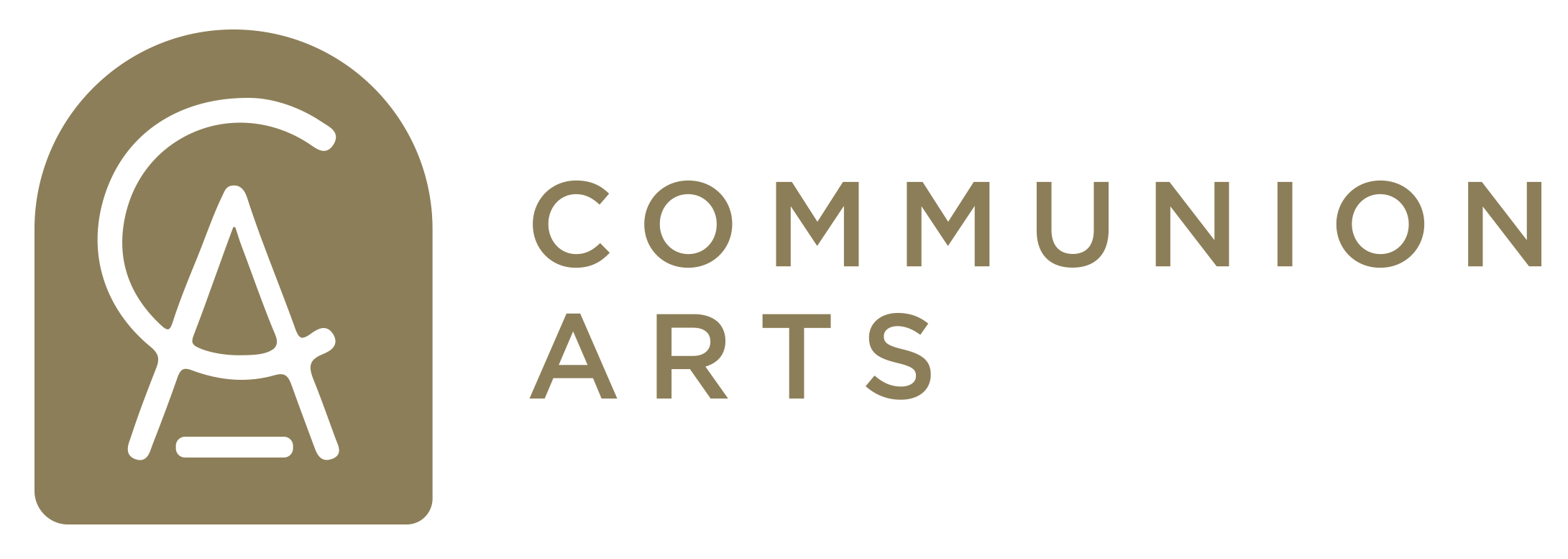Artist Feature | Benjamin Helge
What first drew you to music and songwriting?
Since about the age of five, I remember loving to sing. Church talent shows, school plays, choir, on my own. I’ve always felt this need for it, a way to express thoughts and feelings inside of me whether it was a song that someone else wrote or later on in my life something that I wrote. Singing in choir upon choir instilled in me that the greatest thing about music is that it is something to be shared. It is a shared emotion, idea, and moment. I owe this way of thinking to my high school choir director, Clarissa Clark, who gave me the encouragement to pursue music even further.
Who or what has had the biggest influence on you as a songwriter?
A lot of what I write in English is from personal experience influenced by wherever the wind blows. But, over the past few years, I’ve written more and more music in Czech as I live and serve in the eastern part of the country as a missionary. I realized how few songs people in the church were actually writing to sing corporately. Most of what was being sung, and played, was translated from English. So a vision and desire came to me to give the Lutheran church here new music that expressed specific doctrine and theology as opposed to the generic.
If you had to choose one record, one band, and one book that has had the most influence on you as a songwriter, what would they be?
For the current season I’m in:
Record: “A/B” by Kaleo
Band: Jars of Clay
Book: Am I allowed to say the Lutheran Service Book?
Tell us about where you draw your inspiration from.
Songwriting allows me to process. I probably have about fifty songs with just one verse or just a chorus that allow me to get through whatever it was I needed to think about. Many times from those thoughts a full song develops. Sometimes two songs even merge together. So as basic as it is to say, my inspiration is life, addressing issues that I think need to be highlighted both in society and the church. A sermon, a conversation, an event, a heresy, a lecture, they might all lead to a song. So I keep my ears open and take inspiration from anywhere I can.
What does your creative process/rhythm look like?
It usually always starts with the text. I don’t often hear the music without the text. My mind doesn’t work this way. Sitting on my keyboard at home are recycled papers folded in half, my preferred form for jotting down lyrics (no idea why). And for some strange reason, ideas come about 11:00 pm right before I go to bed. I just accept it now that until I get that part of the song started I can’t fall asleep. Then, when I wake up, I think about whether or not I remember the text and melody. If I can recall something, I keep working on it. If not, the half sheet gets lost among all the other mostly empty pages.
When it comes to writing in Czech, I’m much more intentional with the writing process. I sit down with a specific Scripture or Biblical phrase in mind wanting to not just produce something with a great melody, but also something that can be sung corporately on a Sunday morning.
How has writing in a new language shaped the way you approach songwriting?
The Czech language makes me pay even closer attention to the stress and flow of the text. And since I’m not a native speaker, I’m forced to take a song to a friend or band member not simply to get their opinion but to make sure the language itself sounds natural. It has humbled me as there is always something that needs to be changed, but many times this reconfiguring of the text produces a thought or phrase that I wouldn’t have normally come up with. In addition to being creative with words, Czech has taught me to use more direct quotes from Scripture and Biblical phrases that already exist, to use a thought that is ancient but can be modernized in its presentation, and to expand on the ideas already present within the church’s rich liturgical tradition.




